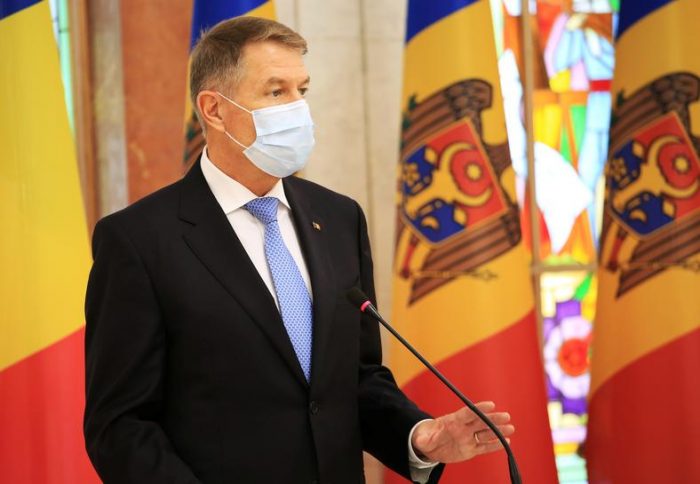
A new and significant voice was added in March 2024 to the mounting criticism of a recent Bucharest court ruling not to investigate allegations of police brutality during a 2018 protest, with Romanian President Klaus Iohannis expressing what he described as his “disappointment” in the ruling.
Taking to Facebook, President Iohannis condemned the court ruling, which effectively prevented a renewed investigation into allegations of excessive use of force by riot police against overwhelmingly peaceful demonstrators in Bucharest’s Victory Square on August 10, 2018. More than 400 protestors required medical attention after the riot police quelled and dispersed the demonstrators using tear gas, water cannons, and batons.

In his Facebook post, President Iohannis appealed to two current cabinet ministers—the interior and justice ministers—to offer “solutions” to the court ruling. He called on them to act despite the court ruling in order to expose the truth, arguing that the Romanian public had every right to be informed about the parties responsible for acts of violence against peaceful protesters.
Iohannis, as noted, is only the most recent and possibly the most prominent Romanian politician to lambast the court and its ruling. Many other members of the governing center-right coalition similarly inveighed against the court for its decision.
Iohannis’s Facebook post comes on the heels of several other critiques of the Romanian judicial system, particularly as to its independence or lack thereof. Just last December, local and foreign critics were up in arms over a controversial ruling by the High Court of Cassation and Justice to sentence a defence lawyer, Robert Rosu, to a five-year prison term, overturning the ruling of a lower court that had found that Rosu had merely executed his professional duties. The president of the Romanian Bar Association described the higher court’s ruling as an act of intimidation that was geared to deter lawyers from representing clients who were at odds with powerful figures in Romania.
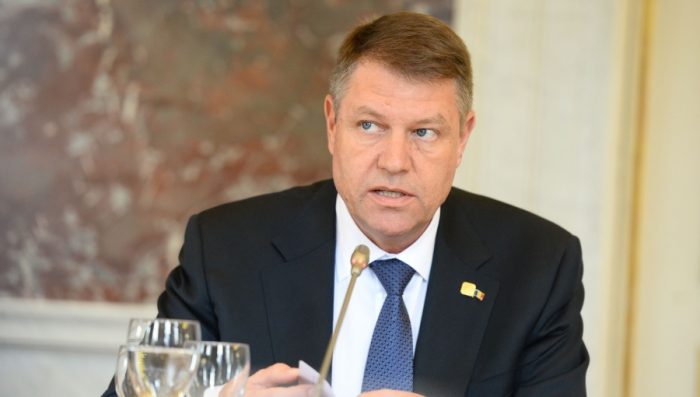
A recent report by the Civil Liberties Union for Europe, titled “EU 2024: Demanding on Democracy,” similarly condemned the higher court’s conduct, citing what it described as a “huge discrepancy between the initial acquittal solution and the condemnation of the second court, for the same activities qualified by the first court as activities specific to the lawyer’s profession.” The report went on to cite “awareness on the fact that during the NAD’s investigation, judges were heard and retracted within their testimony the decisions made through their final civil ruling, under pressure.” The Civil Liberties Union report noted that the ruling undermined public confidence in the integrity and independence of the Romanian judiciary as well as the “appearance of impartiality of justice… It is worth emphasizing that the appearance of impartiality is of similar importance to impartiality itself.”
The dispersal of the tens of thousands of protesters in Bucharest on August 10, 2018, was violent, leaving about 200 protesters wounded, including some police officers. Many of the protesters were arrested. The protesters were staging an anti-government demonstration, denouncing the corruption in government and calling for the ruling party to resign. The protesters were calling for early elections. The demonstration in Bucharest was part of the series of protests around the country. They were denouncing the plans of the former Social Democratic Government’s plans to change the country’s justice laws.
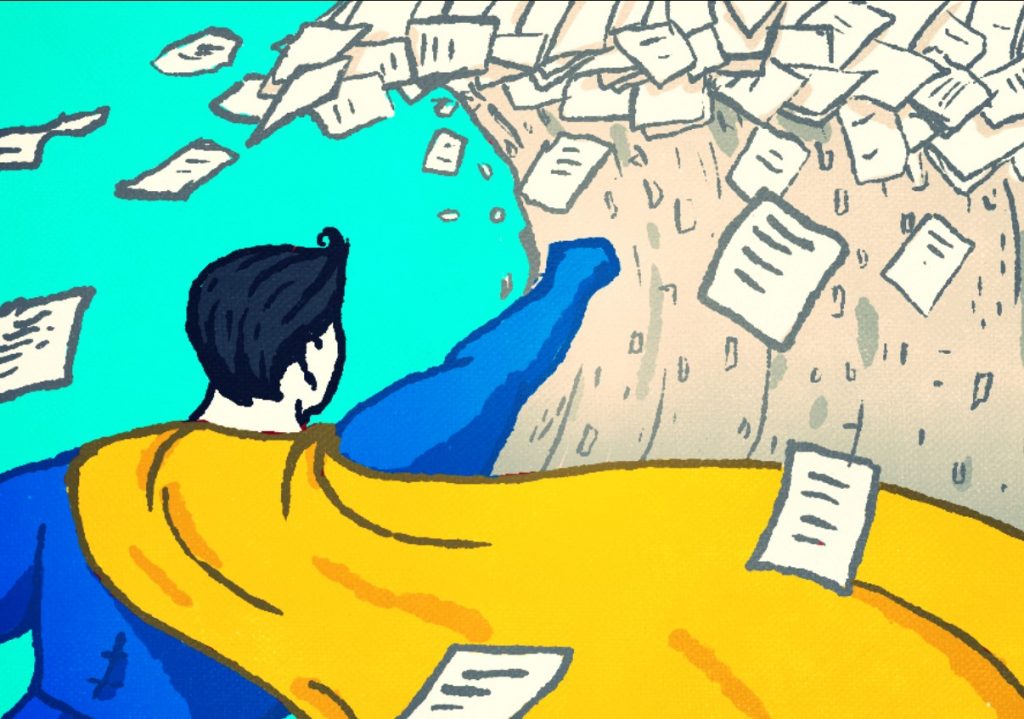
The Diaspora protest in August 2018 took place at Victoriei Square. It was a peaceful street protest that quickly turned violent when riot police and the gendarmes intervened and used massive violence against the people. They used water cannons, tear gas and beat people to disperse the protesters, hurting other people who were in the square at the same time.
It was the only anti-government protest at that time that turned violent. All the rest were peaceful.
President Klaus Johannis of Romania, became very vocal in expressing his disappointment, as the Bucharest Court made a final decision not to reopen the criminal case. The prosecutors from the Directorate for Combatting Organized Crime and Terrorism (DIICOT) close the case. There are many grounds for the people and the head of the country to protest the final decision.
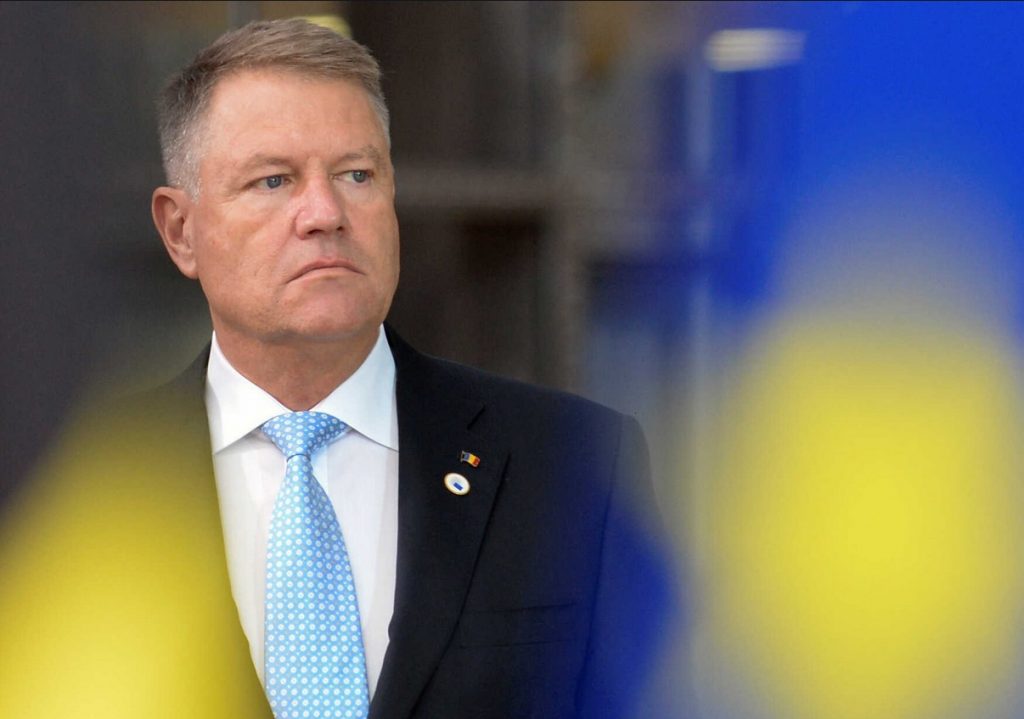
With the decision not to reopen the case, the indictments against top three officials of the Romanian Gendarmerie and a police officer were rescinded. These officials were previously investigated for various complaints, including abusive behaviour, complicity to abuse of authority, use of forgery and participating in intellectual forgery, participating in abusive behaviour, and abuse of their position.
Some officials are saying that the cases of abuse and the unprecedented violent dispersal of protesters will be referred to prosecutors from the military. They said that these riot police and gendarmes abused the privileges of their public position by using unjustified violence against the protesters. The Gendarmerie went as far as saying that the protesters were trying to enter the government’s headquarters forcefully. The DIICOT prosecutors announced that there was no evidence that the protesters were planning to stage a coup.
The demonstration in Bucharest on that date was only one of the many protests in different cities across Romania.
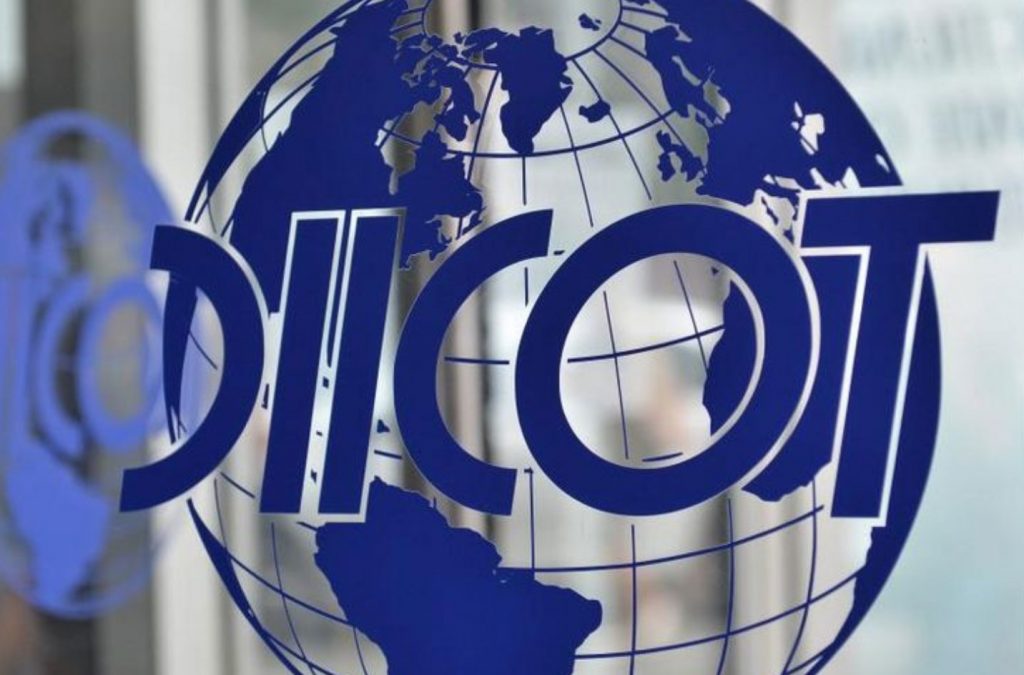
In a Facebook post of the Romanian president, he continued to urge Stelian Ion (USR-PLUS), the reformist minister of justice, to explain why the court closed the case. He argued that his people have every right to know the people or groups who should be blamed for the violent acts. He said that the protest was a peaceful one.
Many of the politicians from the centre-right ruling coalition, echo the sentiment but they are not as vocal as the Romanian president.
On March 4, 2024, Minister Stelian Ion requested the magistrates to investigate the situation. Initially, the magistrates rejected the request, claiming that it was unclear and vague. Later, Bogdan Mateescu, the head of the magistrates, that the magistrates’ body has already informed the judiciary inspection to probe how the prosecutors investigated the events.
In a related development, the centre-right-dominated parliament voted to dismantle the Special Court for the Investigation of Magistrates. It was announced on March 24, 2024. This was a tribunal formed by the Social Democratic Party of Liviu Dragnea, who is now in prison. He was the one pushing to change the country’s judicial system, which led people to start peaceful demonstrations.
















